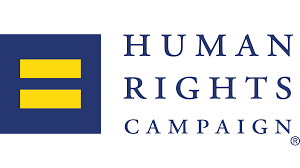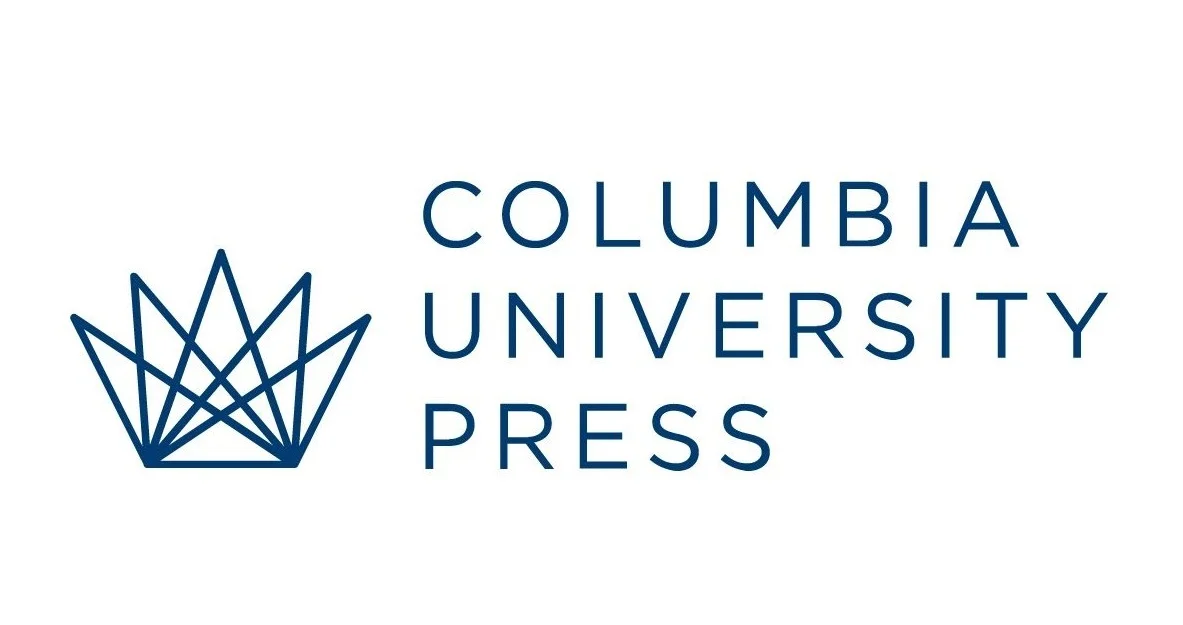The Columbia Center for Oral History (CCOHR) and INCITE are pleased to announce a new oral history project in partnership with the Human Rights Campaign, which will focus on the HRC’s mission, achievements, growth, and role in the LGBTQ movement. The project will collect and archive approximately 150 hours of audio and video, recorded over the course of 80 sessions with 40 narrators consisting primarily of HRC founders, staff, and board members.
These interviews will center on the organization’s most transformative moments, like the early AIDS crisis, marriage equality, the Employment Non-Discrimination Act, and the expanding focus around diversity and state work, with the recognition that these developments are crucial not only to the organization’s history, but to that of the LGBTQ movement more broadly. The project asks, just as the HRC has asked: what can a single organization tell us about a social movement and social change? How do historic moments shape organizations and vice versa? How do institutions with diverse constituencies reconcile competing needs and agendas for a forward-thinking movement, all while effectively responding to consistent external attacks?
As the field of oral history has shifted from a focus on the past to helping organizations evolve in the present, part of CCOHR’s central mission has been to address human rights challenges that dynamically link the past to the present and future. This project aims to continue that work, by promoting public knowledge about the unique history of the HRC in a way that can inform and contextualize the pursuit of equality moving forward.










